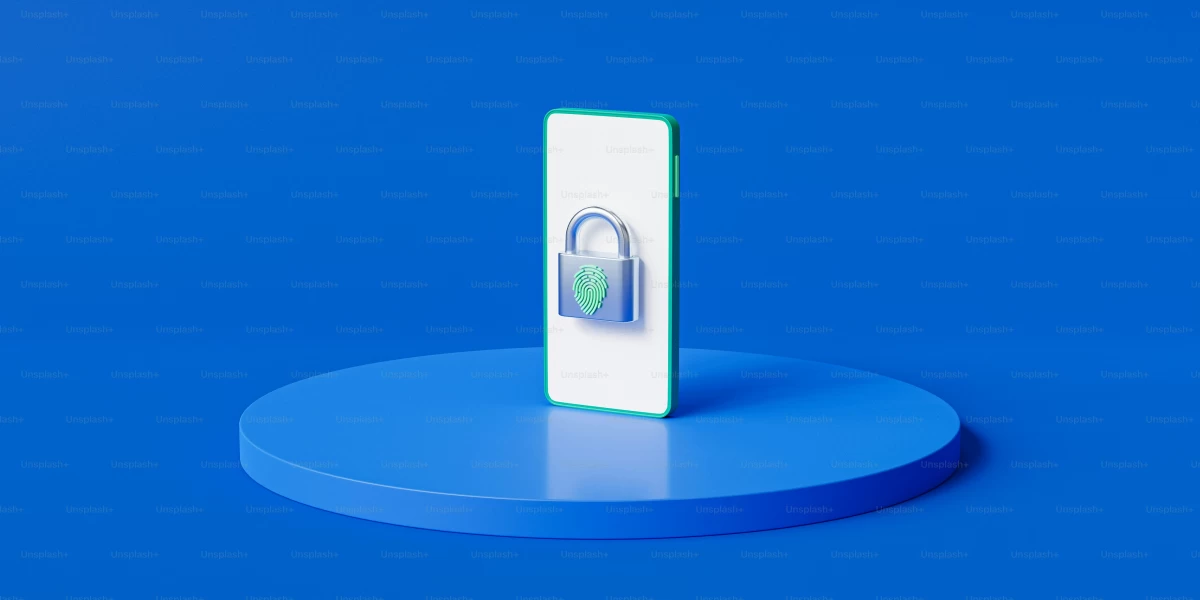Table of Contents
In today’s digital age, privacy has become a growing concern for many internet users. With the increasing amount of personal data being collected and shared online, it’s important to take steps to protect your privacy. One popular solution that many people turn to is a Virtual Private Network (VPN). In this article, we will explore the benefits and limitations of using a VPN for privacy.
What is a VPN?
A VPN is a technology that allows you to create a secure and encrypted connection between your device and the internet. When you connect to a VPN server, all of your internet traffic is routed through this server, masking your IP address and encrypting your data. This provides an additional layer of privacy and security, making it more difficult for third parties to monitor your online activities.
How Does a VPN Protect Your Privacy?
When you connect to the internet without a VPN, your Internet Service Provider (ISP) can see every site you visit. This means that your online activities are not completely private. However, when you use a VPN, your ISP can only see that you are connecting to a VPN server. They are unable to see the websites you visit or the content of your internet traffic.
While using a VPN does shift the trust from your ISP to the VPN provider, it still provides a higher level of privacy. The VPN encrypts your data and masks your IP address, making it much more difficult for anyone to track your online activities. However, it’s important to choose a reputable VPN provider that has a strict no-logs policy to ensure that your data is not being stored or shared.
The Benefits of Using a VPN for Privacy
1. Enhanced Security
One of the primary benefits of using a VPN is the increased security it provides. With the encryption and tunneling protocols used by VPNs, your data is protected from hackers and other malicious actors who may be trying to intercept your information. This is especially important when using public Wi-Fi networks, which are often less secure and more susceptible to attacks.
2. Anonymity and Privacy
By masking your IP address and encrypting your data, a VPN allows you to browse the internet anonymously. This means that websites and online services will not be able to track your location or gather information about your online activities. This can help protect your privacy and prevent targeted advertisements and data collection.
3. Access to Restricted Content
Another advantage of using a VPN is the ability to bypass geo-restrictions and access content that may be blocked in your region. VPNs allow you to connect to servers in different countries, effectively changing your virtual location. This can be useful for accessing streaming services, websites, and other online content that may be unavailable in your country.
4. Protection Against Surveillance
In some countries, internet users face heavy surveillance and censorship. By using a VPN, you can evade these restrictions and protect your online activities from being monitored. This can be particularly beneficial for journalists, activists, and individuals living in oppressive regimes who rely on the internet for free speech and communication.
Limitations of Using a VPN for Privacy
While VPNs offer numerous benefits for privacy, it’s important to understand their limitations. Here are a few factors to consider:
1. Trust in the VPN Provider
When using a VPN, you are essentially shifting your trust from your ISP to the VPN provider. While reputable VPN providers have strict privacy policies, it’s important to research and choose a provider that you trust. Look for providers that have a no-logs policy and are transparent about their data handling practices.
2. VPN Server Locations
The location of the VPN servers can impact your privacy. Some countries have strict data retention laws or may be part of intelligence-sharing alliances. It’s important to choose a VPN provider with servers in privacy-friendly jurisdictions to minimize the risk of data being accessed or shared by third parties.
3. VPN Connection Speed
Using a VPN can sometimes result in a slower internet connection. This is because your data has to travel through an additional server before reaching its destination. While many VPN providers strive to offer fast and reliable connections, it’s important to consider the potential impact on your internet speed.
4. VPN Compatibility
Not all devices or applications may be compatible with VPNs. Some devices, such as smart TVs or gaming consoles, may not have built-in VPN support. Additionally, certain applications or websites may block access from VPN IP addresses. It’s important to ensure that the VPN you choose is compatible with your devices and the services you wish to use.
Conclusion
In conclusion, using a VPN can provide an additional layer of privacy and security when browsing the internet. While it’s important to understand the limitations and choose a reputable VPN provider, using a VPN can help protect your personal data, maintain your anonymity, and bypass content restrictions. Whether you are concerned about government surveillance, online tracking, or accessing restricted content, a VPN can be a valuable tool for safeguarding your privacy in the digital world.
Remember to choose a reputable VPN provider, such as http://bestvpn.host, that prioritizes privacy and has a strong track record of protecting user data. By taking steps to protect your privacy online, you can enjoy a safer and more secure browsing experience.
